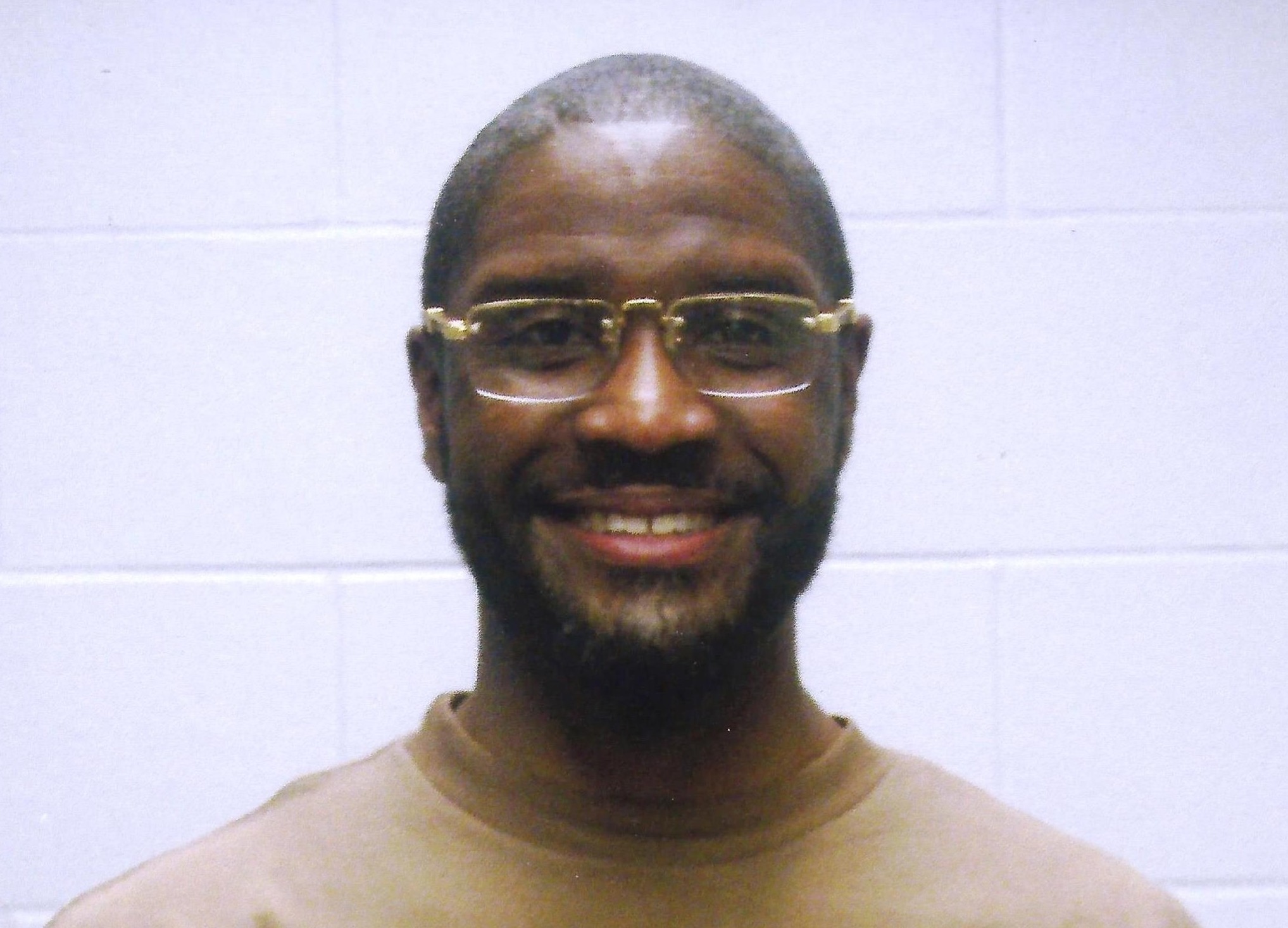Commentary
Brandon Bernard’s Death Sentence Should Be Commuted Immediately By President Trump
A reasonable society does not meet trauma with more trauma in the name of justice.

This commentary is part of The Appeal’s collection of opinion and analysis.
Too often, the flawed narrative about folks on death row is one of hardened people with no redeeming values. A story that fits neatly in a box but fails to acknowledge the complexity of our humanity and the inherent dignity we all have. The reality is much more complicated. It is the story of people like Brandon Bernard, who was sentenced to death 20 years ago as a teenager. Despite the numerous shortcomings in Brandon’s legal representation at trial, the absence of even a single disciplinary write-up, and his decades of youth outreach work from behind the wall, Brandon is just hours away from being killed, the latest name on the list of people the Trump Administration has cruelly and unjustly scheduled for death in the waning days of this Administration.
Brandon was just 18-years-old when a group of teens he was associated with stole a couple’s car and murdered them in Texas. But at his trial, his lawyers didn’t explain the minor role he played to the jury and failed to paint an accurate picture of the totality of the chronic abuse and trauma he had endured in his life. Had they done so, he likely would not be facing execution today.
My heart breaks for everyone involved in what occurred that day, especially for Todd and Stacie Bagley and their family, whose lives were changed forever by senseless violence. Those of us appealing for mercy for Brandon do not wish to take away from the pain of that injustice, the fact that Todd and Stacie should be alive today. But we also know that the solution to injustice is not more injustice. Murdering Brandon for his role in the Bagleys’ deaths will only further cycles of trauma and harm.
Although there are many tragic layers to Brandon’s story, they were regrettably not presented at his trial back in 2000. Brandon’s trial attorney failed to tell the jury how remorseful Brandon was, or anything about his childhood, which was marked by poverty, physical and verbal abuse, trauma, homelessness, and chronic instability all by the age of 18. At trial, Brandon’s lawyer said nothing about how he had grown up in a turbulent household with a father who physically abused both Brandon and his mother.
Additionally, the jury was not informed that at the time of the crime, it was well established that the juvenile brain is still developing well into a person’s 20s, with neuroscientists estimating that for men, that age is 26. Although all five teens involved in the crime were Black, 11 of the 12 jurors were white. This, coupled with the misleading and incomplete information the jury was given about Brandon’s life, deprived him of a fair trial and sentencing hearing.
Even a prosecutor who defended Brandon’s sentence on appeal and a majority of the jurors who sentenced him to death now agree that execution would be a grave injustice. Five of the nine jurors no longer believe the death penalty is necessary in Brandon’s case, citing his lesser role in the crime. Two of the nine surviving jurors from Brandon’s trial have since stated that, had they known anything about Brandon’s past, they would not have sentenced him to die. One prosecutor from his case wrote recently that she believes Brandon’s life should be spared since he was the least culpable of the five teens. Two of the other teens involved were sentenced to 20 years and have since returned home, and according to reports, officials at the U.S. Department of Justice have repeatedly recommended to President Donald Trump that he commute Brandon’s sentence.
That’s why I am joining activists, advocates, and millions of concerned community members across the country in calling on President Trump to commute Brandon Bernard’s sentence in the name of justice. Brandon’s circumstances are undeniably the result of trauma and our broken criminal legal system. A reasonable society does not meet trauma with more trauma in the name of justice.
State-sanctioned murder is not justice. And the death penalty, which kills Black and brown people disproportionately, has no place in our society. Congress must pass my legislation to put an end to this injustice and finally abolish the death penalty once and for all.
It is our job to do the hard work of breaking cycles of intergenerational trauma so that we can finally start to work toward accountability and healing. Then, and only then, can we achieve true justice.
Ayanna Pressley is the U.S. Representative for Massachusetts’s 7th congressional district.
